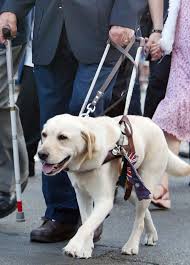Dreams
On the bookcase, behind her, a photo showcases a twenty-year-old brunette—slim, shapely, with a mane of brunette hair cascading over her shoulders. She leans against the right fender of a 1930’s rag-top. Behind her sits her 1st Lt. Army Air Corps finance, wearing the uniform that would take him to the European theater—her fly-boy, B-24 pilot. There, he would die.
Today, she stares over her glasses, the clouded irises of her eyes registering little but confusion, the once-smooth surface of her skin bearing ravages of the many losses that have dogged her throughout her lifetime. “Are you happy?” she asks for the 17th time in the last couple of hours. I answer, “Yes, Mom, I’m happy. You don’t need to worry about me.”
I return my gaze to that photo, so full of youthful hope and happiness. Yes, Mom, all is well. You can move on when you’re ready, I think. I’ve told her that before.
For her part, she has dosed off again, perhaps returning to those dreams of years long-gone.
clearing out dead leaves
unearth patterns of remains
lace-knit life forms
Thank you to Susan Judd for allowing us to use her wonderful photography to inspire us today in writing to dVerse Monday Haibun prompt: beauty in decay. And thank you to Bjorn, for inviting Susan.




